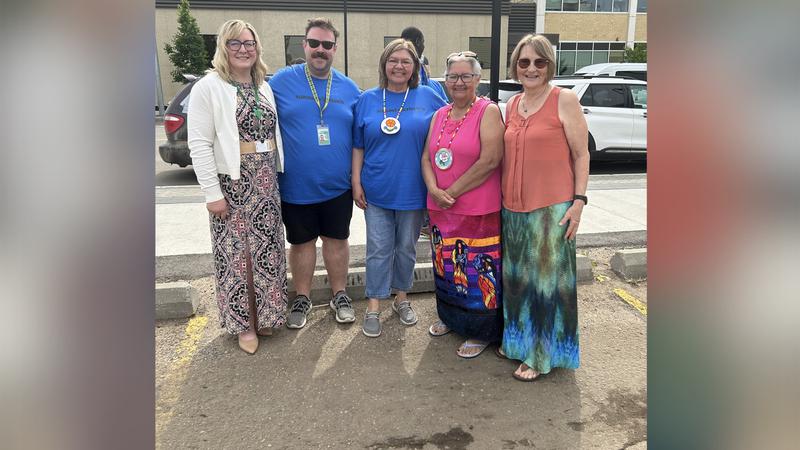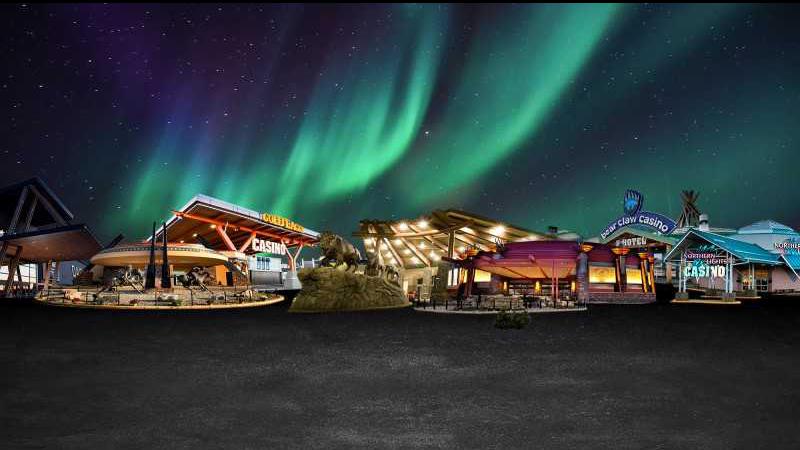
‘We never forget our people’: First Nations commemorate eight men lost in Canada’s largest mass hanging
Wandering Spirit, Round The Sky, Bad Arrow, Miserable Man, Iron Body, Little Bear, Crooked Leg and Man Without Blood.
These eight names represent the Indigenous men who lost their lives in Canada’s largest mass hanging in Battleford on Nov. 27, 1885. 139 years later, community members from First Nations gathered for a heartfelt feast on Wednesday to commemorate these fallen souls at Fort Battleford National Historic Site, a place where they were buried.
“The eight that got hung are relatives to many, many people. In our culture, there’s a saying that ‘Try not to forget the people who died years ago,” said Bryan Tootoosis, Elder of Poundmaker Cree Nation.
As they were found guilty of murder in the Frog Lake Massacre and the Looting of Battleford during the North-West Rebellion, some might argue they were murderers and rioters; however, Tootoosis believes they were just Indigenous men who wanted to survive under the oppression of a colonial government.





